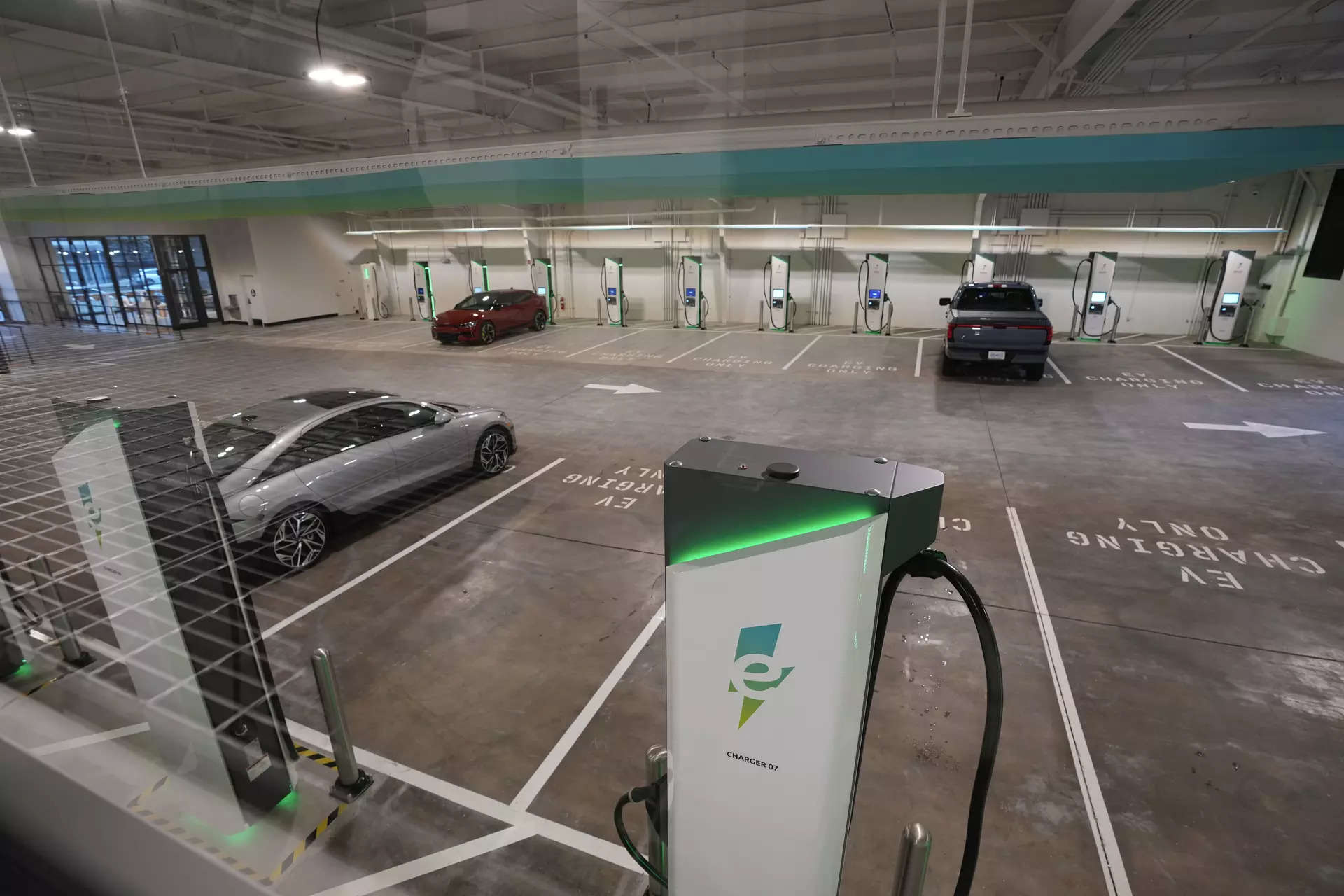
Thailand has approved incentives for companies to transition their commercial fleets of large trucks and buses to battery electric vehicles, the government said on Wednesday.
Also on offer are cash grants for EV battery cell manufacturers, the government said, adding the policies would reinforce Thailand’s status as an EV manufacturing hub.
“This will significantly increase the adoption of electric trucks and buses, reduce pollution from the transportation and manufacturing sectors, and support companies’ moves to reach their net-zero targets,” the government said.
The support for companies will come in the form of special tax deduction granted to eligible companies, effective until December 2025, it said.
Companies buying vehicles manufactured domestically will be able to deduct expenses of two times the actual price of the vehicles, without a price ceiling being set. For the purchases of imported vehicles, the deduction will be equal to 1.5 times the actual price of the vehicles.
Last year, Thailand approved a drawn down subsidy package for its booming electric vehicle industry, as the top regional auto hub looks to continue its strong EV sales momentum while balancing budgetary support.
By 2030, Thailand aims to convert 30% of its annual production of 2.5 million vehicles into EVs, according to a government plan.
Tax cuts and subsidies rolled out by Thailand have already drawn a raft of Chinese carmakers, including BYD and Great Wall Motor have committed to invest $1.44 billion in new production facilities in Southeast Asia’s second largest economy.
For decades, the world’s 10th largest auto manufacturing economy has been dominated by Japanese firms such as Toyota Motor Corp and Honda Motor Co, which use Thailand as a major export base.

